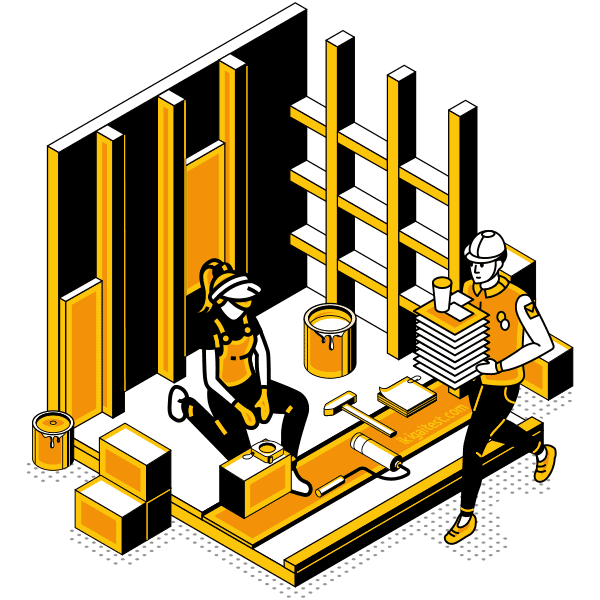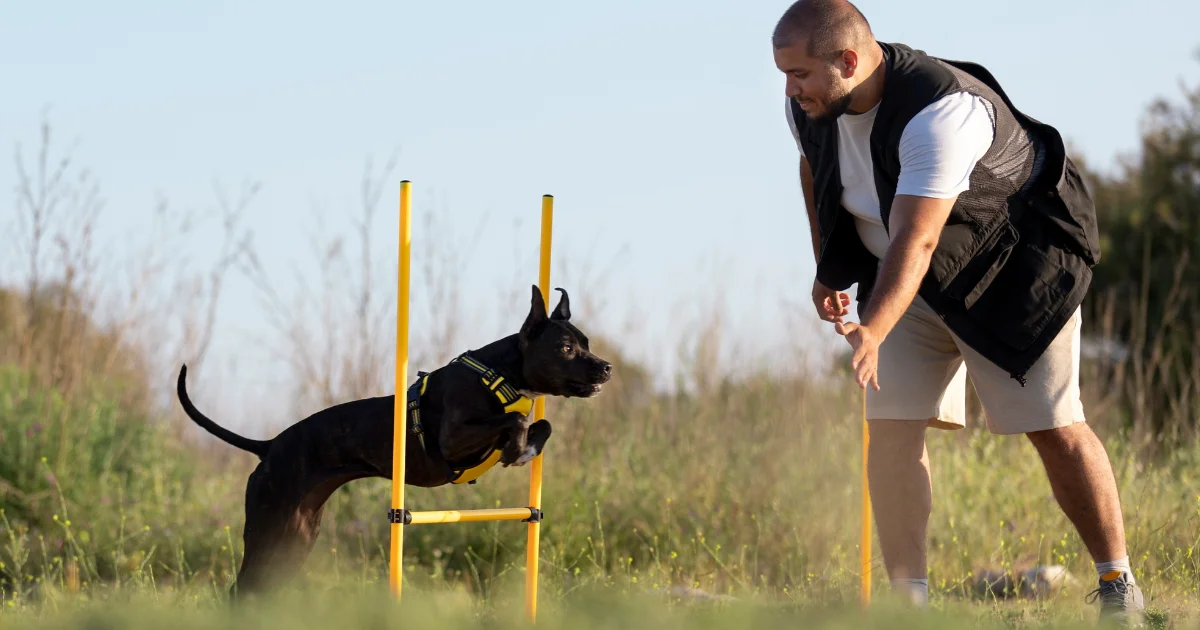Artisan

Great artisans are usually capable of:
- Using hands and arms in handling, installing, positioning, and moving materials.
- Performing precise and skillful manipulation of small objects.
- Being active and proactive in regards to physical activities that require considerable use of your arms and legs and moving your whole body, such as climbing, lifting, balancing, walking, stooping, and handling materials.
Strategist

Most strategists should excel at:
- Establishing long-range objectives and specifying the strategies and actions to achieve them.
- Analyzing information and evaluating results to choose the best solution and solve problems.
- Developing specific goals and plans to prioritize, organize, and accomplish your work.
- Scheduling events, programs, and activities, as well as the work of others.
Other work activities related to Animal trainers
- Conducting training programs for developing or maintaining desired animal behaviors for competition, entertainment, obedience, security, riding, or related purposes.
- Evaluating animals for trainability and ability to performing.
- Training dogs to working as guides for the visually impaired.
- Observing animals’ physical conditions for detecting illness or unhealthy conditions requiring medical caring.
- Administering prescribed medications to animals.
- Evaluating animals for determining their temperaments, abilities, or aptitude for training.
- Feeding or exercising animals or providing other general caring, such as cleaning or maintaining holding or performance areas.
- Talking to or interacting with animals for familiarizing them to human voices or touches.
- Keeping records for documenting animal health, diet, or behavior.
- Advising animal owners regarding the purchasing of specific animals.
- Training horses or other equines for riding, harnessing, showing, racing, or other working, using knowledge of breed characteristics, training methods, performance standards, and the peculiarities of each animal.







